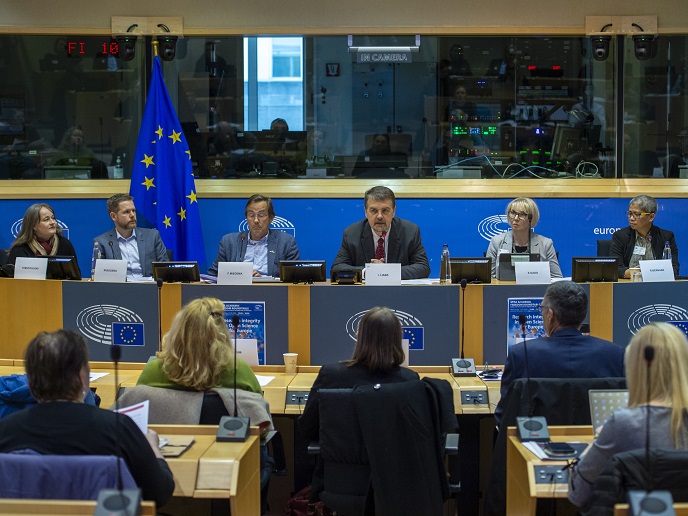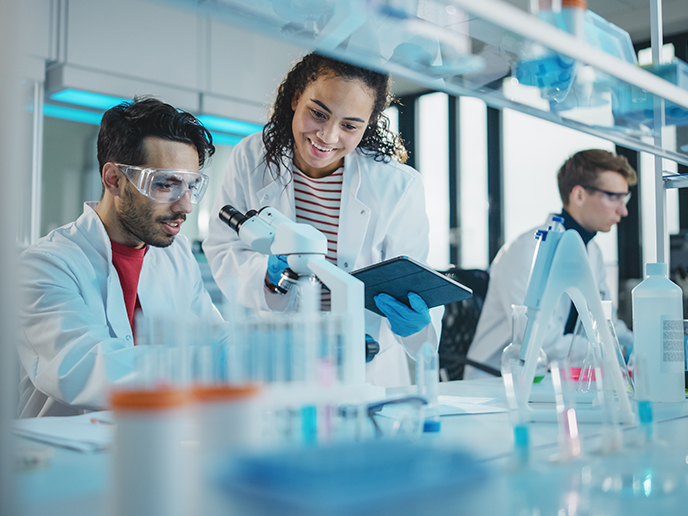Tools to achieve responsible and ethical open science
Open science aims to democratise science, providing better access to research data to wider audiences. Furthermore, it is about making science more relevant to society, and reducing the gap between society and the scientific community. “A key challenge here is meeting the ambition of this openness,” says ROSiE(opens in new window) project coordinator Rosemarie de la Cruz Bernabe, from the University of Oslo(opens in new window) in Norway. “Open Science can be very expensive because it requires new infrastructures, tools and trained professionals.” Another important challenge is to identify new forms of misconduct and questionable practices brought about by open science. As not all countries have the same resources or levels of expertise, there is a danger that open science becomes something that only richer countries can invest in. In addition, access to sensitive information can present a security risk, and there are concerns that such information could be used by powerful interest groups to target marginalised groups. When anonymisation is possible, the balance between the benefits of openness and the risks of losing privacy must be carefully evaluated. All this raises questions about how open science can be achieved in an ethical and equitable manner.
Roadmap towards responsible research
The ROSiE project sought to provide a roadmap towards building open science in Europe in a responsible way. This was achieved through establishing a common understanding of the challenges, building a hub for community practice, and putting in place guidelines complementing the European Code of Conduct for Research Integrity(opens in new window). The project team(opens in new window) began by carrying out a systematic review of the social and legal implications and challenges facing open science, and conducted consultations with a wide variety of stakeholders. This led to the development of the Knowledge Hub(opens in new window), a platform which funnels all project results and outputs in a user-friendly way. “We see the Hub as a source for questions about Open Science,” notes Bernabe. “Our ambition is for this to be sustained and built on over the long term.”
Navigating the complexity of open science
One key project resource is the General Guidelines on Responsible Open Science(opens in new window). “This is the first-ever guidance document in Europe on responsible Open Science,” adds Bernabe. The paper focuses on key issues such as the research environment and infrastructure, the protection of participants, ecosystems and cultural heritage, as well as the need for open and reproducible research practices. Field-specific guidelines on responsible open science were also published in March 2024. The Discipline-related Guidelines on Responsible Open Science(opens in new window) are designed to help researchers navigate the complexity of open science, covering issues such as auditability, responsibility and the protection of personal data. The ROSiE project also developed training materials to help students, researchers and citizen scientists acquire the skills required for practising responsible open science. Materials were developed for the humanities, health and life sciences, natural sciences and social sciences.
Sustainable Hub, living guidelines
The project, which was completed in February 2024, is now ensuring that the Knowledge Hub is sustainable, and will thrive into the future. The training materials will be made available at the Embassy of Good Science(opens in new window), a community-driven initiative to promote ethics and integrity in research. Bernabe sees the ROSiE project as a starting point for establishing benchmarks in open science discussions about ethics. “Our hope is that the guidelines become a living document, and will be revised in a few years,” she says.







